- Home
- Tooling Industry
Tooling Industry
PRAMOD BHANDARI
SMARTMARK
DECEMBER 11, 2020
By Pramod Bhandari
Tata Motors Ltd, Pune
The article covers the mass production toolings & not the typical cutting tools.
There are basically 5 types of tools –
- Stamping dies,
- Welding fixtures,
- Foundry tools,
- Jigs & fixtures
- Moulds,
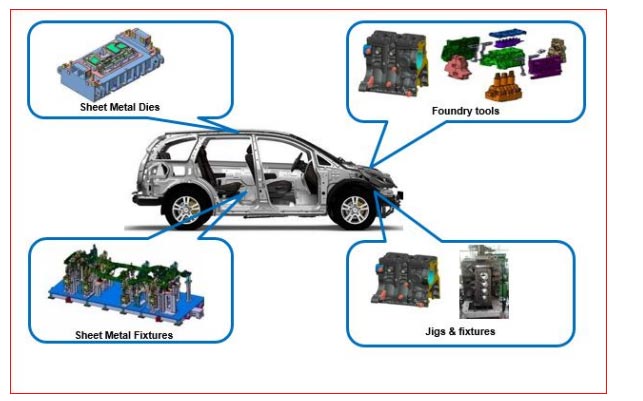
All the products those we use, needs some or the other type of these toolings for production.
- Stamping dies – required for giving specific shape to sheet metal parts.
- Welding fixtures – required for joining different sheet metal parts.
- Foundry tools – required for manufacturing cast parts.
- Jigs & fixtures – these are work holding devices used for machining or processing the parts on machine or equipment.
- Moulds – required for manufacturing of rubber, plastic, glass components.
In absence of technology, in old days all carving type activity for manufacturing the tools & proving of those was largely dependent on personal skills. Now-a-days lots of software with AI are available to predict the issues in the parts well before it gets manufactured & person based dependency is getting reduced drastically. Well predictable software like AutoForm, Pamstamp, Magma, MoldFlow etc are available for tooling development enabling early resolution of the probable defects.

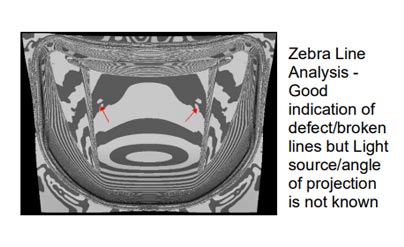
There is substantial development in sheet metal specs as depicted below. This helps in building the car of more safe with less weight.
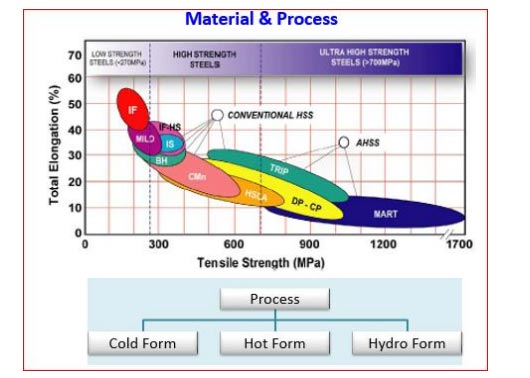
Tooling Sources & type of tools distribution –
- Captive tool room
- Commercial tool room
- Import (overseas tool room)
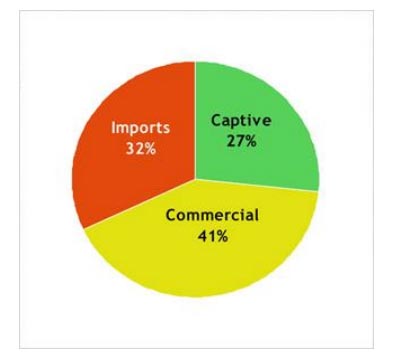

Over 50% of this demand is from the automotive & the auto components industry, while the balance is from the electrical, consumer durable, electronics and packaging sectors. Indian auto industry expected to reach 16~18 Tn INR (250 Bn USD from 118 Bn USD) by 2026.
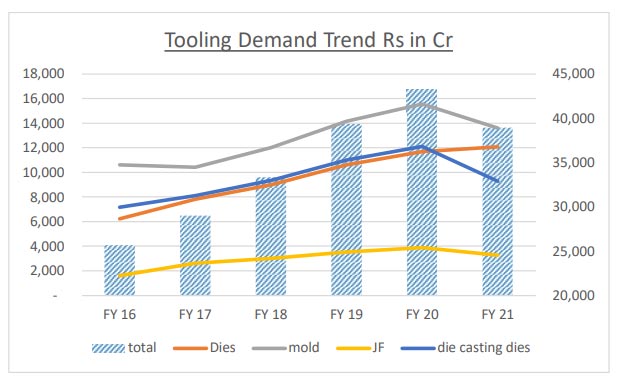
Challenges in tooling industry –
- Non availability of competent tool rooms locally.
- Coping up with cyclic nature of load for captive tool rooms. Hence less ROI.
- More volume of electric cars in future resulting in much reduced demand of engine &
transmission related parts. - Higher lead time of tooling development wrt overseas tool makers.
- Cost effectiveness wrt overseas tool room & sustainability.
- Corona pandemic has large impact on business continuity including tooling sector.
Way forward –
- Captive tool room of OEM shall extend their expertise to others.
- Govt shall create more clusters for high tech services at affordable price.
- Indian tool room’s revised approach for collaboration with overseas.
- Investment in developing skilled labour force in long term.
